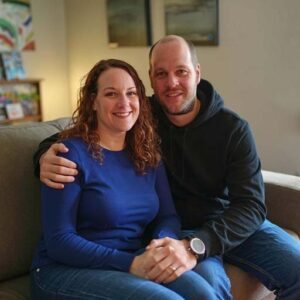It began as an ordinary morning—another quiet visit to my father’s grave. There was a crispness in the air that day, the kind that signals a seasonal shift, even though the calendar might insist it’s not quite time.
I remember carefully choosing white lilies from the florist before heading to the cemetery. White lilies had been my father’s favorite, a subtle tradition I’d taken to heart since his passing. Ever since I lost him six months ago, I found some measure of comfort in these small rituals: buying fresh flowers, placing them neatly by his headstone, and talking to him as if he were still just a phone call away.
That particular morning, the cemetery was as peaceful as ever. Tall oaks and silent headstones stood guard over the memories buried there. The breeze carried the scent of cut grass and damp earth. As I approached my father’s grave, I noted the meticulous care the groundskeeper took—there were no weeds, the grass was neatly trimmed, and the granite marker glistened in the early sunlight. I knelt down, placing the lilies gently by the stone, and whispered, “Good morning, Dad,” before catching myself and softly correcting it to “Goodbye, Dad,” as though I was acknowledging his absence all over again.
I shared a few quiet moments, updating him on my life. Nothing extraordinary: work was steady, I’d picked up a new hobby of painting small landscapes, and I was planning to visit Mom next weekend. Talking helped ease the emptiness inside me, though it never filled it completely. As I turned to leave, I noticed a figure a few rows over, a woman standing by a freshly dug grave. She was elderly, her posture slightly bent, and she held a white cane. She wore a simple black dress and dark glasses—sure signs that she was blind. She stood there with an air of quiet sadness, seemingly alone.





